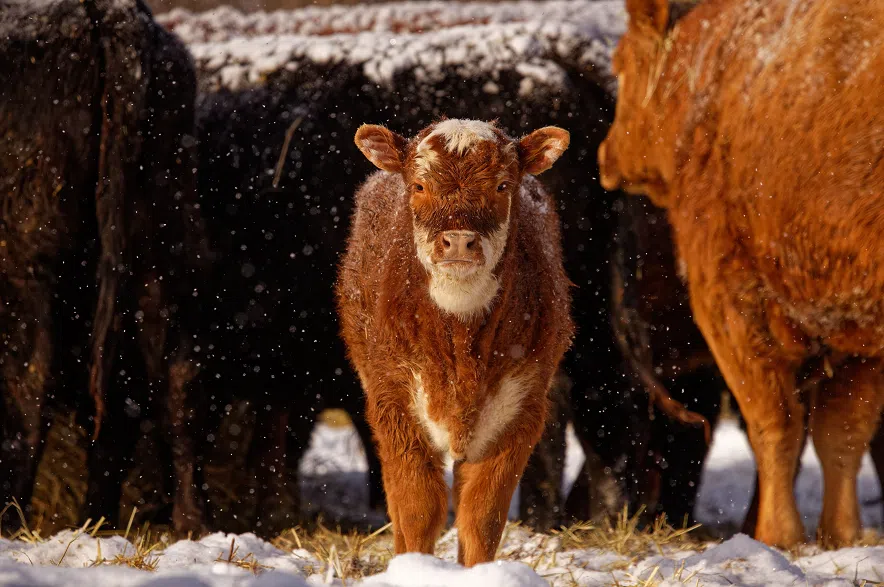The governments of Saskatchewan and Canada are joining forces to fund agriculture research projects.
On Tuesday, the two governments announced $6.8 million to support 30 new livestock and forage research projects in the year ahead, an increase of almost 14 per cent over 2023’s funding.
The investment is a timely one, as many livestock producers in Saskatchewan struggled with drought conditions and pests last year.
According to the provincial government, the funding is awarded on a competitive basis, and the projects include topics like developing a rapid pathogen surveillance method for bovine respiratory disease in cattle, developing new red clover cultivars for use in Western Canada, and improving preparedness for African swine fever.
“Investments like these are helping the agriculture sector prepare for the future,” Lawrence MacAulay, Canada’s agriculture and agri-food minister, said in a statement.
“These research projects will help our farmers adopt more sustainable practices and new methods to counter the effects of drought, diseases and other environmental challenges they face, so they can stay competitive and protect their bottom line.”
On top of the research funding, which comes through Canada’s Agriculture Development Fund, the government’s are providing $478,597 for eight livestock and forage projects contributed by industry co-funders, including the Saskatchewan Cattlemen’s Association, Saskatchewan Forage Seed Development Commission, Saskatchewan Canola Developers Commission, Saskatchewan Pulse Growers and Saskatchewan Wheat Development Commission.
Jo-Anne Relf-Eckstein, executive director of the Saskatchewan Forage Seed Development Commission, said her group is enthusiastic about supporting the development of new red clover cultivars.
“Red clover is an efficient source of organic nitrogen, improves soil health and reduces erosion during the winter while providing a habitat for pollinators and supporting honey production,” Relf-Eckstein said in a statement.
“With its high protein content, it’s also an important crop for the ruminant industry, and maintaining a consistent supply of high-quality adapted seed sources helps support livestock producers. The ‘dream team’ assembled for this unprecedented research project creates a collaborative opportunity to support Saskatchewan’s seed growers and forage seed exporters, livestock producers and the provincial bio-economy.”
David Marit, Saskatchewan’s agriculture minister, said new and innovative ideas help livestock producers stay competitive and profitable.
“Investments in agricultural research help Saskatchewan maintain its status as a go-to jurisdiction when it comes to sustainably feeding the world while meeting our economic goals for the end of this decade and beyond,” Marit said in a statement.
More information on the funding and the projects it will support can be found on the provincial government’s website.







